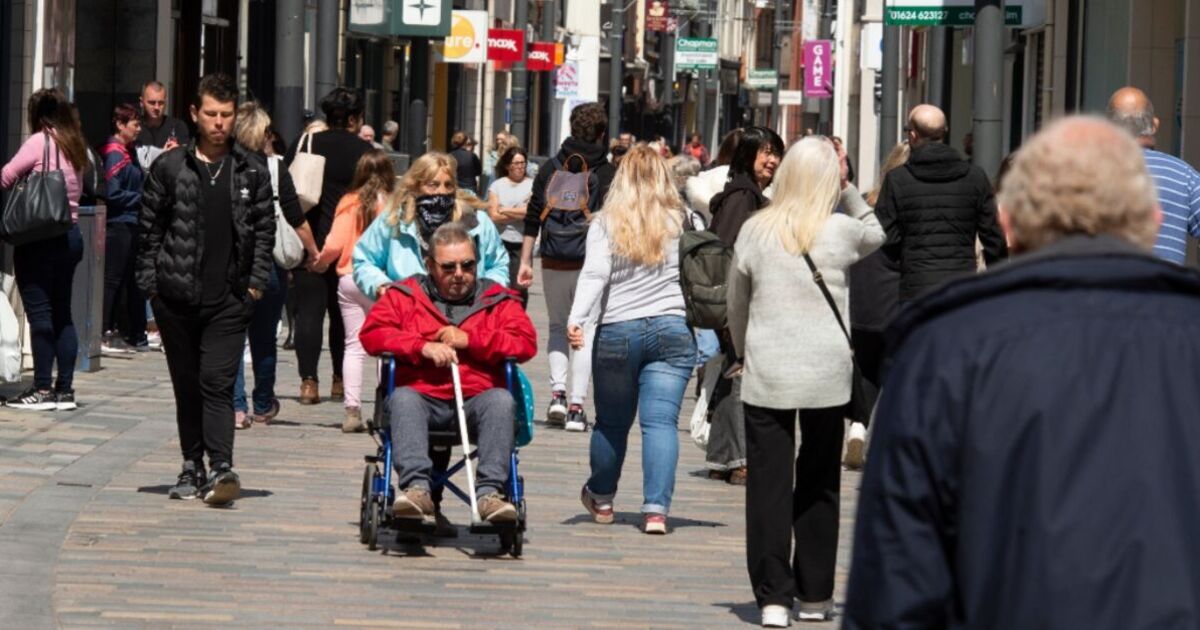
Twenty thousand pensioners on the Isle of Man may lose the State Pension triple lock amid efforts to rescue the island’s social security system.
The self-governing Crown British dependency’s state pension pot is projected to run out by 2047 as a result of people living longer.
This means more revenue would be needed to meet State Pension payments on the Isle of Man, which has the same triple lock policy as Britain, with pensioners getting an increase of whichever is the highest out of wages, inflation or 2.5 percenrt.
Treasury minister Alex Allinson said: “With an ageing population, the Isle of Man is facing increased health and welfare spending.”
Mr Allinson told the Telegraph he believes a “national conversation” is required over how to preserve the long-term future of the Isle of Man’s State Pension system.
He said a decision has yet to be made, but figures showing the fund is on course to be exhausted by 2047-48 suggest the situation is urgent.
Eighty percent of the fund goes to the Isle of Man’s 20,000 state pensioners, with the full state pension worth £241.50 per week. The retirement age is 66 at present, but this is due to rise to 67 by March 2028, then to 68 by 2046.
The UK Government has said it is committed to the triple lock, with millions to see their State Pension rise by up to £1,700 during the course of this parliament thanks to the policy.
In April, the State Pension in the UK will increase by 4.1 percent. This takes the full, new flat-rate State Pension to £230.25 per week. Those on the full, old basic State Pension, will receive £176.45 per week.
The cost of the State Pension is forecast to rise to £158billion in 2028-29, in large part due to the effect of the triple lock.
Concerns have been raised about how sustainable the policy is over the long term, though supporters argue the triple lock helps improve pensioners’ living standards.
According to the Commons Library, alternative uprating proposals from think tanks and others that argue for an end to the triple lock include returning to a link with either prices or earnings.
A “double lock” increasing State Pensions with the highest of either earnings or prices is another proposal.
Another would see a “smoothed earnings link” with the option to further top-up State Pensions in periods of high inflation and a clawback mechanism to avoid compounding increases relative to earnings.


















